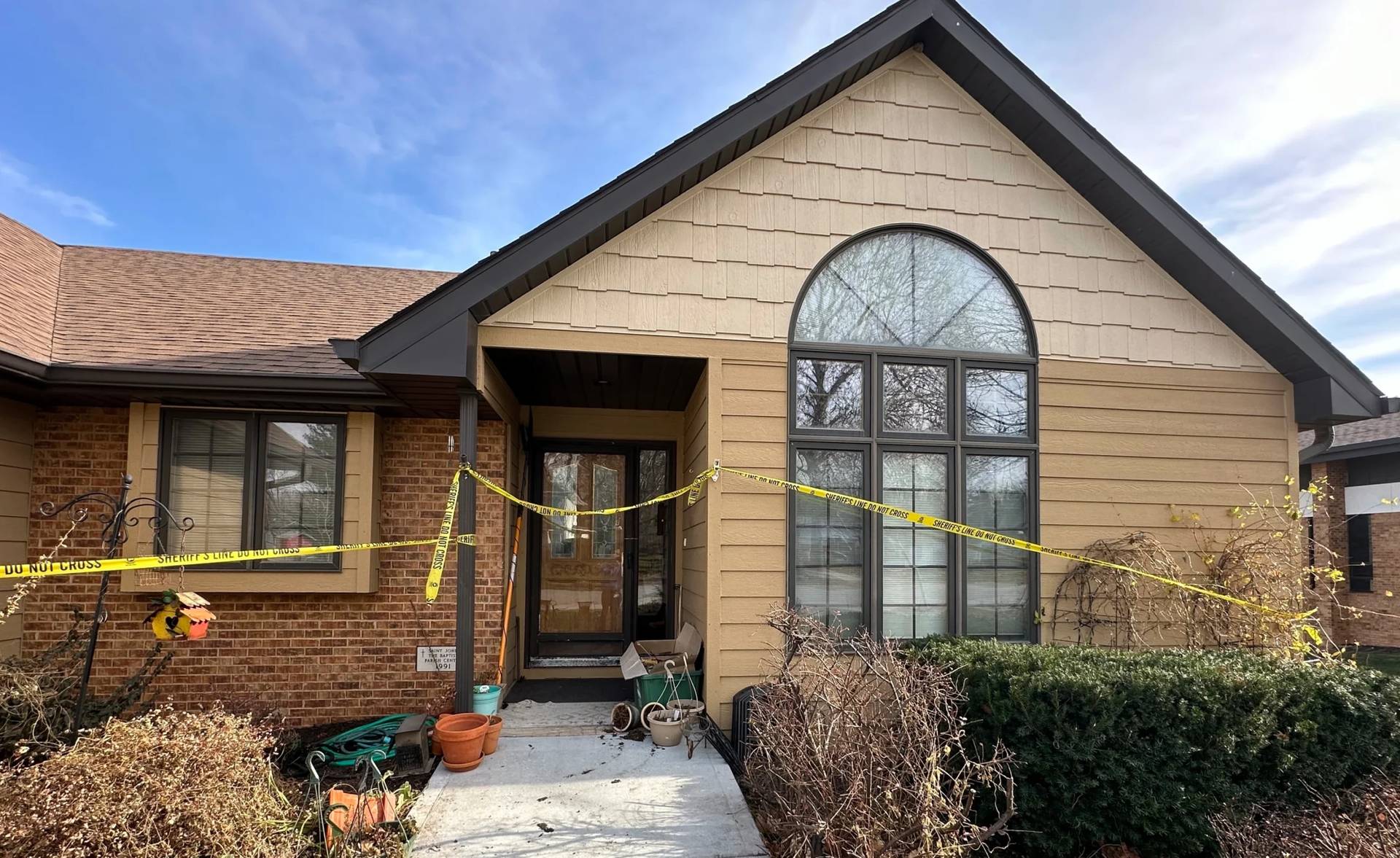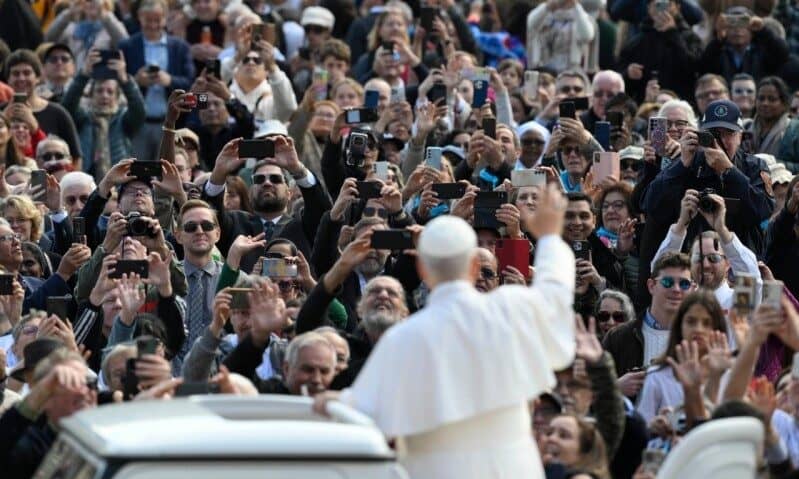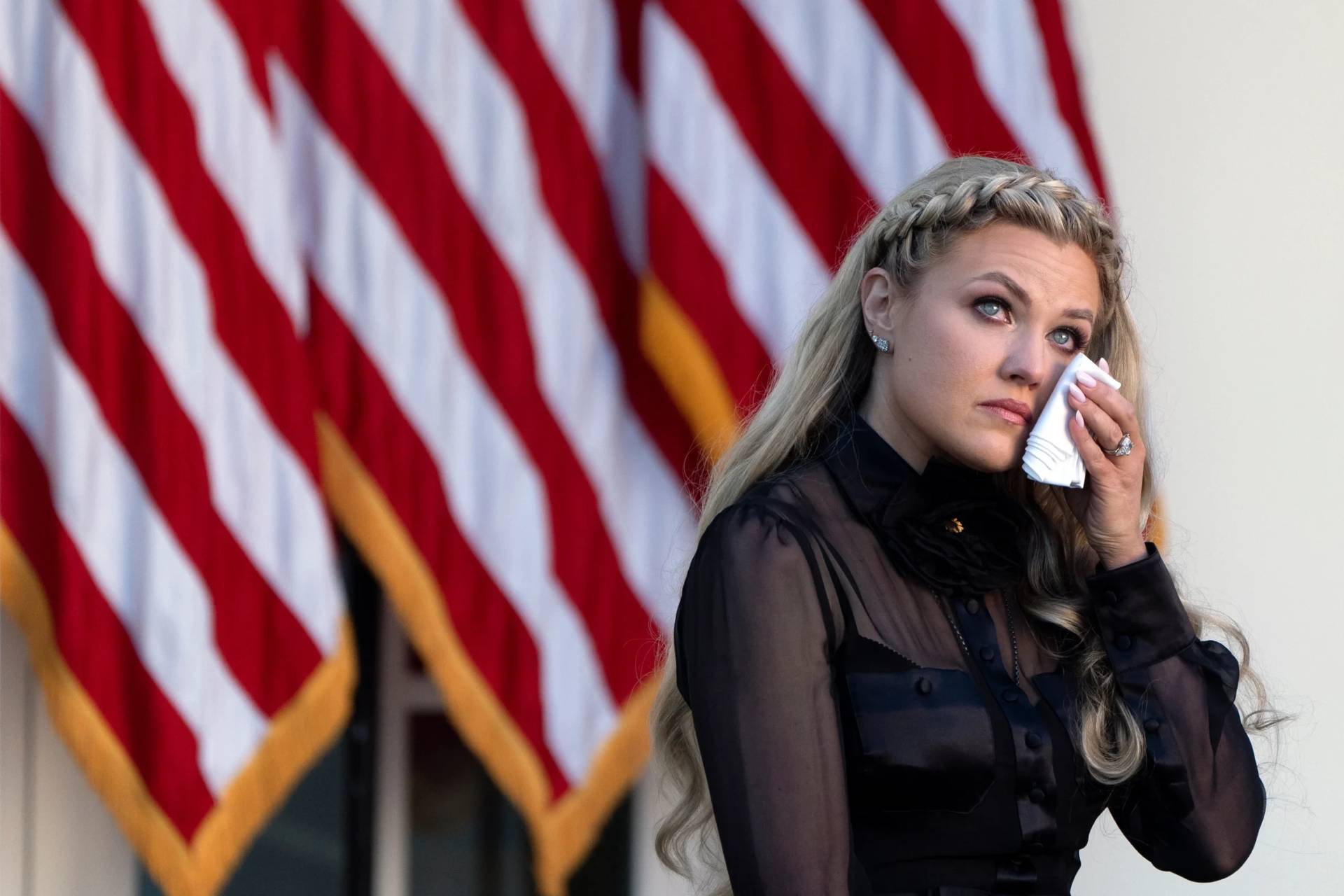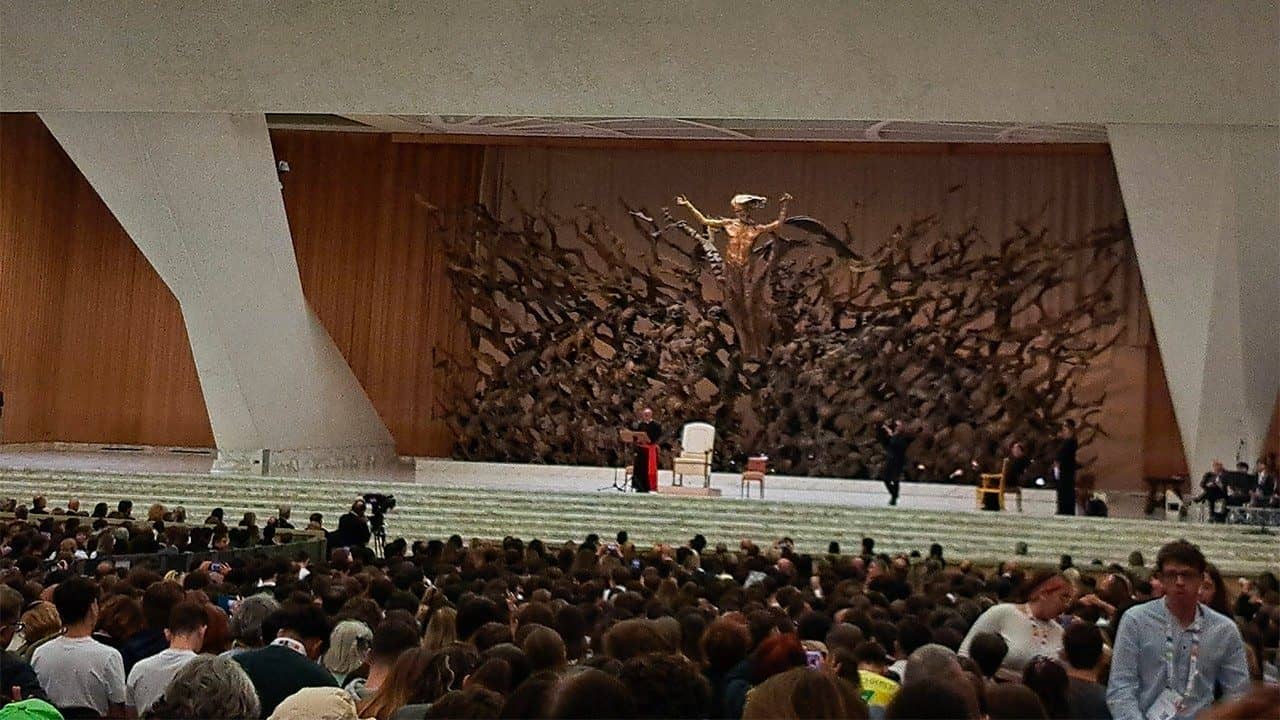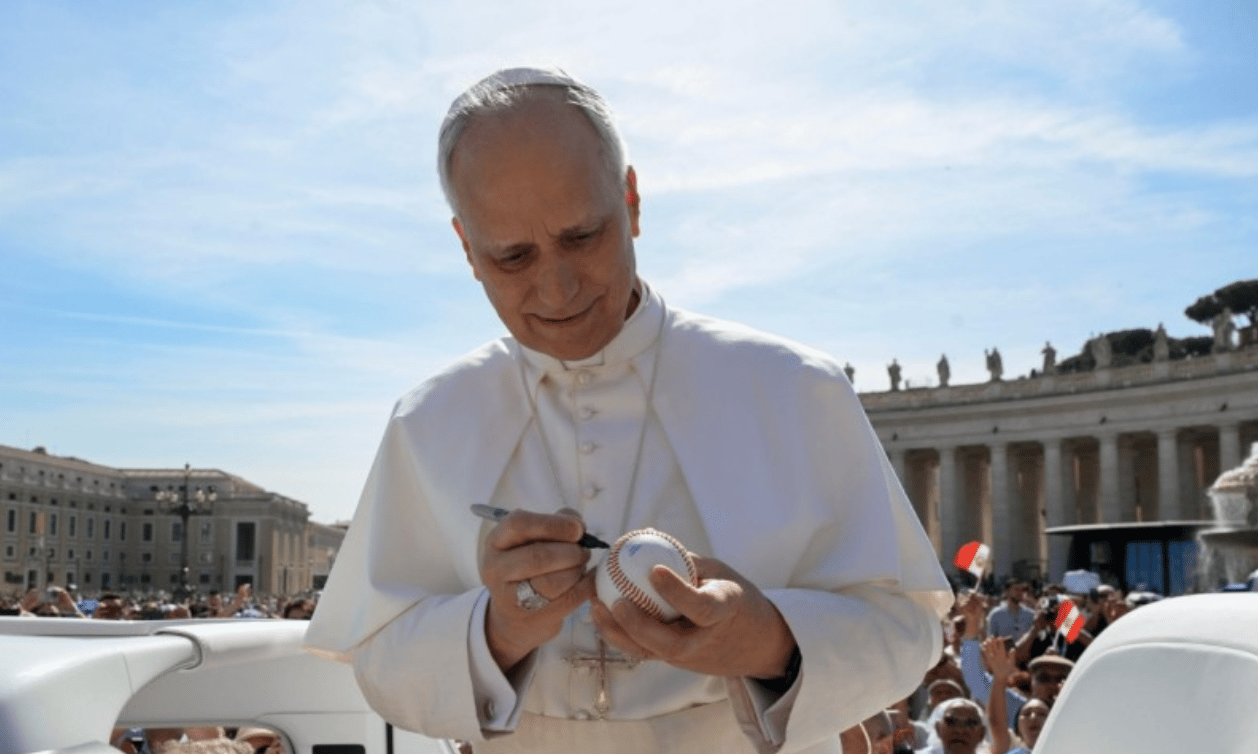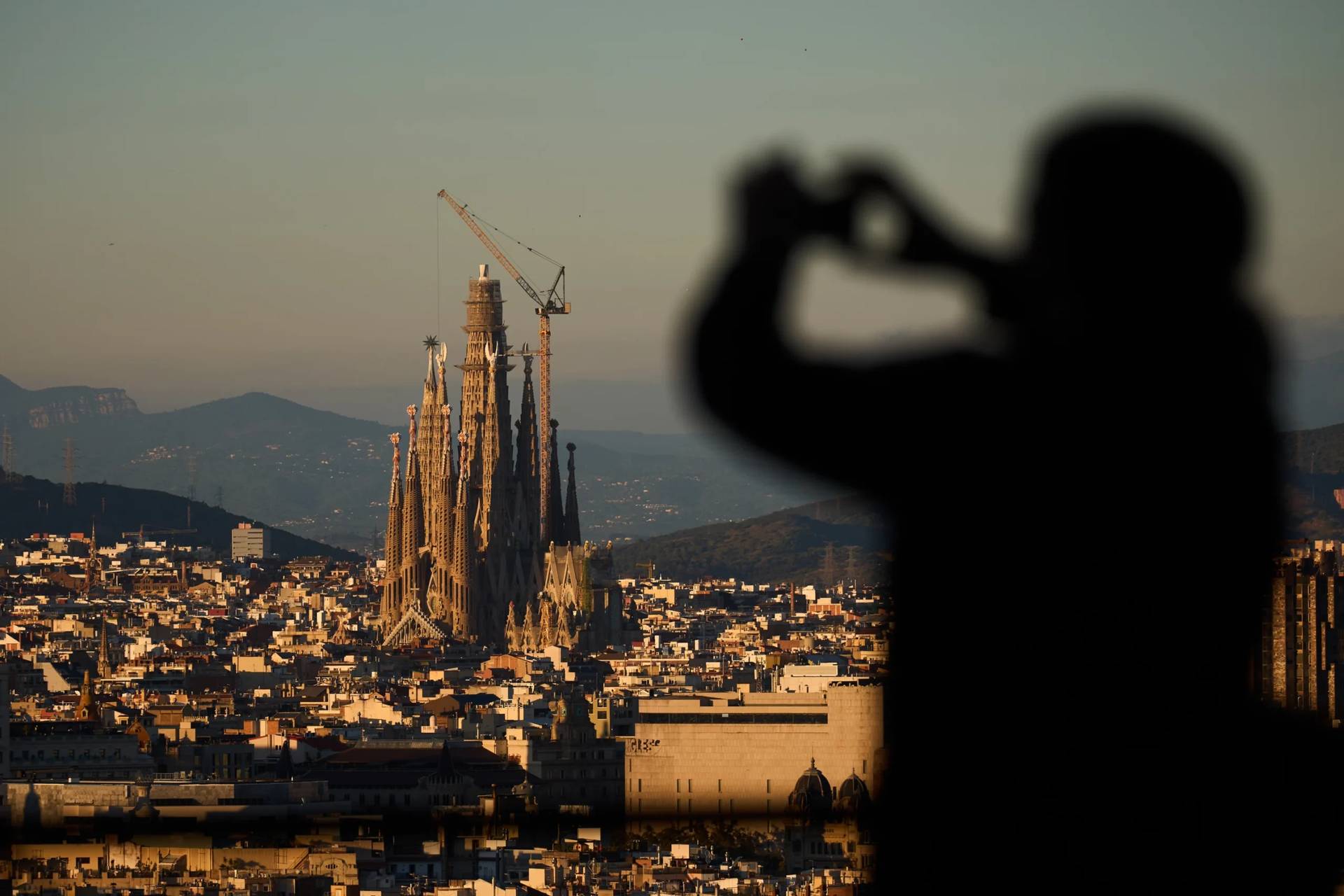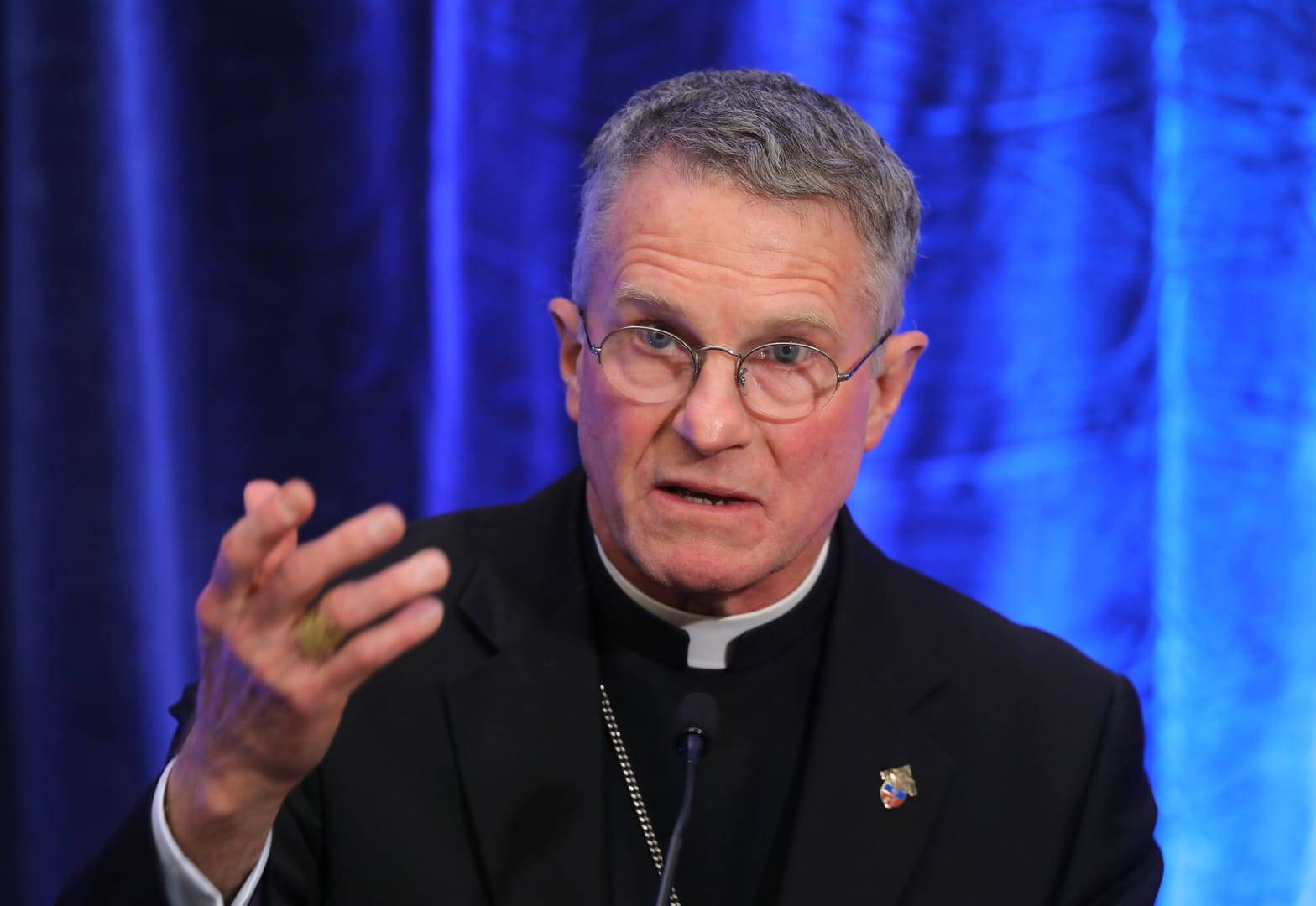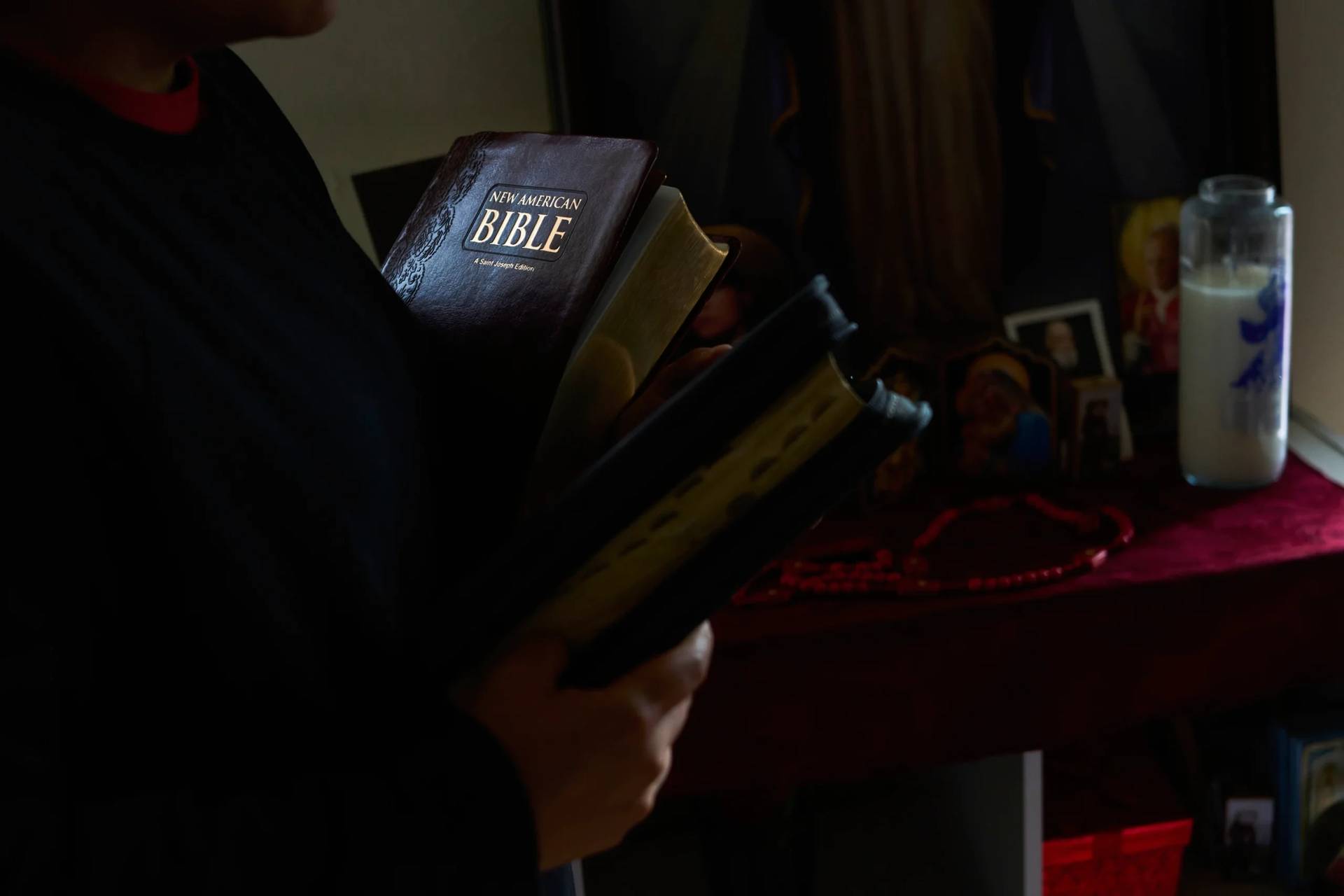[Editor’s Note: Dr. Tricia Bruce is Associate Professor of Sociology at Maryville College in Tennessee and a Research Associate Professor of Sociology at the University of Texas at San Antonio. Her research and teaching interests include the sociology of religion, Catholicism, organizations, social movements, and immigration, as well as applied sociology. She is the author of several books and articles in sociology, including Faithful Revolution: How Voice of the Faithful Is Changing the Church. Her latest book is Parish and Place: Making Room for Diversity in the American Catholic Church, which will be released in September. Bruce has been speaking to Charles Camosy about the role personal parishes could have in the future of the Catholic Church in the United States. Part 1 of the conversation was published on July 13. The final part is below.]
Camosy: We left off last time just beginning to dive into the importance of personal parishes at this moment in U.S. Catholic history. Can you say more about the importance of personal parishes for racial and ethnic minority groups?
Bruce: At a time when the U.S. Catholic Church is more racially and ethnically diverse than ever, personal parishes offer a way to provide specialized ministry to specific communities of Catholics. There are personal parishes for Vietnamese Catholics, for Hispanic Catholics, for Black Catholics, and more.
These parishes are different than traditional “territorial” parishes because their parish decree specifies service to a specific community, per Canon Law no. 518. Rather than serving everyone in a designated geographic area, personal parishes devote their ministry to a particular purpose. They specialize.
This is important because personal parishes offer a dedicated space in which to preserve Catholics’ language, food, traditions, celebrations, and more. Personal parishes provide a rare venue where Catholics of color may gather and build a sense of family among co-ethnics, apart from the schedule and space tensions that may come in sharing a larger, territorial parish.
For this reason, many ethnic Catholic communities throughout the United States have petitioned their bishop for personal parish status: a parish to call their own. My new book, Parish and Place, explores this phenomenon in depth.
Are there also personal parishes which tend to favor a particular political bent? Are there, say, “social justice” personal parishes and/or “pro-life” personal parishes?
When the newest edition of Canon Law came out in 1983 (born of changes introduced by the Second Vatican Council), the personal parish option expanded to included not just parishes for ethnic/language-based communities of Catholics, but also parishes “for some other reason” (canon no. 518). Combined with an added emphasis on subsidiarity – encouraging bishops to make decisions based upon local needs – this meant that bishops could establish an assortment of personal parishes in their dioceses, as they saw fit.
As my book profiles in detail, there are now (by formal decree) personal parishes whose primary focus is social justice, the Traditional Latin Mass, charismatic Catholicism, Anglican Use, tourism, college ministry, and more. While not explicitly “political,” the liturgical styles and ministry priorities of these specialized parishes does tend to attract and sift lay Catholics whose own preferences align.
Personal parishes sort and separate like-minded Catholics. It is also telling to gauge which purposes receive formal personal parish status, and which do not. There are not yet, for example, “pro-life” personal parishes, per se, nor personal parishes for gay Catholics (even while there are “de facto” ones). Local bishops hold the discretion to assess needs in their area and to designate personal parishes (or not), accordingly.
Many Crux readers will be familiar with the Church making space for those who want a more traditional liturgical and sacramental experience. How much latitude has been given? Does it go all the way to personal parishes for those with such liturgical tastes?
It does. While Vatican II introduced the use of the vernacular in Mass, many Catholics continue to appreciate more traditional forms of liturgy, including Mass celebrated according to the Roman Missal of 1962 (a.k.a. the “extraordinary form” or “Traditional Latin Mass” or “TLM”). The renewal and expansion of personal parishes as a model of organizing Catholics lends itself well to this.
As my book Parish & Place describes, the 1988 papal document Ecclesia Dei permitted bishops to allow the traditional liturgy. The 2007 apostolic letter Summorum Pontificum signaled latitude for bishops to create personal parishes specifically for the extraordinary form of the Mass. Similarly, a 2009 Vatican pronouncement (Anglicanorum Coetibus) conveyed permission for bishops to erect personal parishes incorporating elements of the Anglican tradition. Both Anglican Use and TLM personal parishes have multiplied in subsequent years.
Personal parishes go beyond what a shared territorial parish can offer with a single Mass. A TLM personal parish is staffed by a priest trained in the extraordinary form; all Masses incorporate this sacramental focus. Parishioners can build an entire parish community around their shared affinity for the Traditional Latin Mass.
New personal parishes add momentum (and capacity) to less common forms of worship. Most Catholics who attend these new TLM personal parishes are younger: They belong not because they remember Mass before Vatican II, but because it appeals to them. Groups including the Priestly Fraternity of Saint Peter (FSSP) and Una Voce have devoted resources, networks, personnel, and mobilization tactics to persuade bishops to establish TLM personal parishes. After ethnic personal parishes, TLM personal parishes are the next most common throughout the United States.
At a time of unprecedented mobility, and smartphone orders of everything from books to groceries, might it be the case that the idea of “space” itself has shifted such that the very concept of the territorial parish may be on its way out? And if we are in the process of rethinking the very idea of what it means to be a community, might personal parishes be more able to roll with such changes?
The Greek origin of parish (“paroikia”) translates to “those living near or beside.” For centuries, territoriality has aided in organizing and growing Catholicism throughout the globe. The Catholic Church today is still premised upon the notion of territorial parishes, technically: Everyone belongs somewhere. But at the same time, you are right: We live our modern lives both in and apart from our immediate neighborhoods.
We are increasingly connected to each other via online networks, affinity groups, and forms of community that supersede geography. Proximity is no longer the only (or even the primary) building block of community. We also know that – particularly since Vatican II – Catholics are attending parishes other than those to which they are territoriality-assigned. Parish boundaries, moreover, are often outdated, unclear, uncommunicated, or simply ignored.
What this means is that even as territorial parishes predominate, there is absolutely a broader social trend that challenges the connection between parish and place. Today’s Catholics are linked by social boundaries as much as they are by territorial ones. Personal parishes explicitly acknowledge this aspatial form of community. Personal parishes unify Catholics across space. They name a parish home for Catholics who adhere to shared identities and purposes. Personal parishes provide bishops with a canonical tool to celebrate and accommodate different expressions of Catholicism.
Given personal parishes’ relatively small proportion in the landscape of territorial parishes overall, they are unlikely to override the territorial model as a primary form of local community. That said, the fact that many territorial parishes today look and act like personal parishes (even while not decreed as such) means that personal parishes absolutely capture a prevailing social trend in how we relate to one another.
You and I co-edited a book on polarization in the U.S. Catholic Church. I suspect a strong downside of a trend toward personal parishes would be Catholics becoming even more strange to each other. Could a move toward personal parishes preserve the Church’s unity even as it honors diversity?
This question is at the heart of whether and why to establish personal parishes. Do they build community, or do they fragment Catholics? Inherently, they do both: Personal parishes foster togetherness by separating people.
This risks disrupting the integration and unity at the very heart of Catholicism. Moreover, it could be argued that personal parishes exist only because territorial parishes are themselves broken: they do not sufficiently welcome and integrate all Catholics residing in a territory.
Personal parishes are strong on “bonding” capital: they link similar individuals together, forming strong communal associations and commitments. They are weaker on “bridging” capital: they do less to foster relationships among dissimilar others (racially, economically, politically, and so forth). This can indeed make Catholics more “strange” to each other, as you say.
Where I see hope is through increasing interdependence across a diocese. All parishes – personal and territorial – belong to a diocese. Fewer priests and limited resources mean that parishes rely more and more on each other: they share priests, combine marriage preparation, consolidate schools, build multi-parish young adult programming, and so forth.
This diocesan interconnection is where bridging can happen. Communities of similar Catholics (whether housed in personal parishes, or chosen territorial ones) can come together across lines of difference. Diocesan leaders can permit pockets of diverse expression throughout a diocese through personal parishes, while still upholding unity by weaving them together. Church law tells us that a parish is not, in itself, a “particular church”: The diocese is a particular church, headed by a bishop. Seeing parishes through this lens means that we can forgive personal parishes’ fragmenting characteristics, in the interest of unity across a diocese.
American Catholics are an increasingly diverse lot. Personal parishes hold the potential to honor that diversity and strengthen local community, so long as they fit together as pieces in a broader, interconnected whole.







